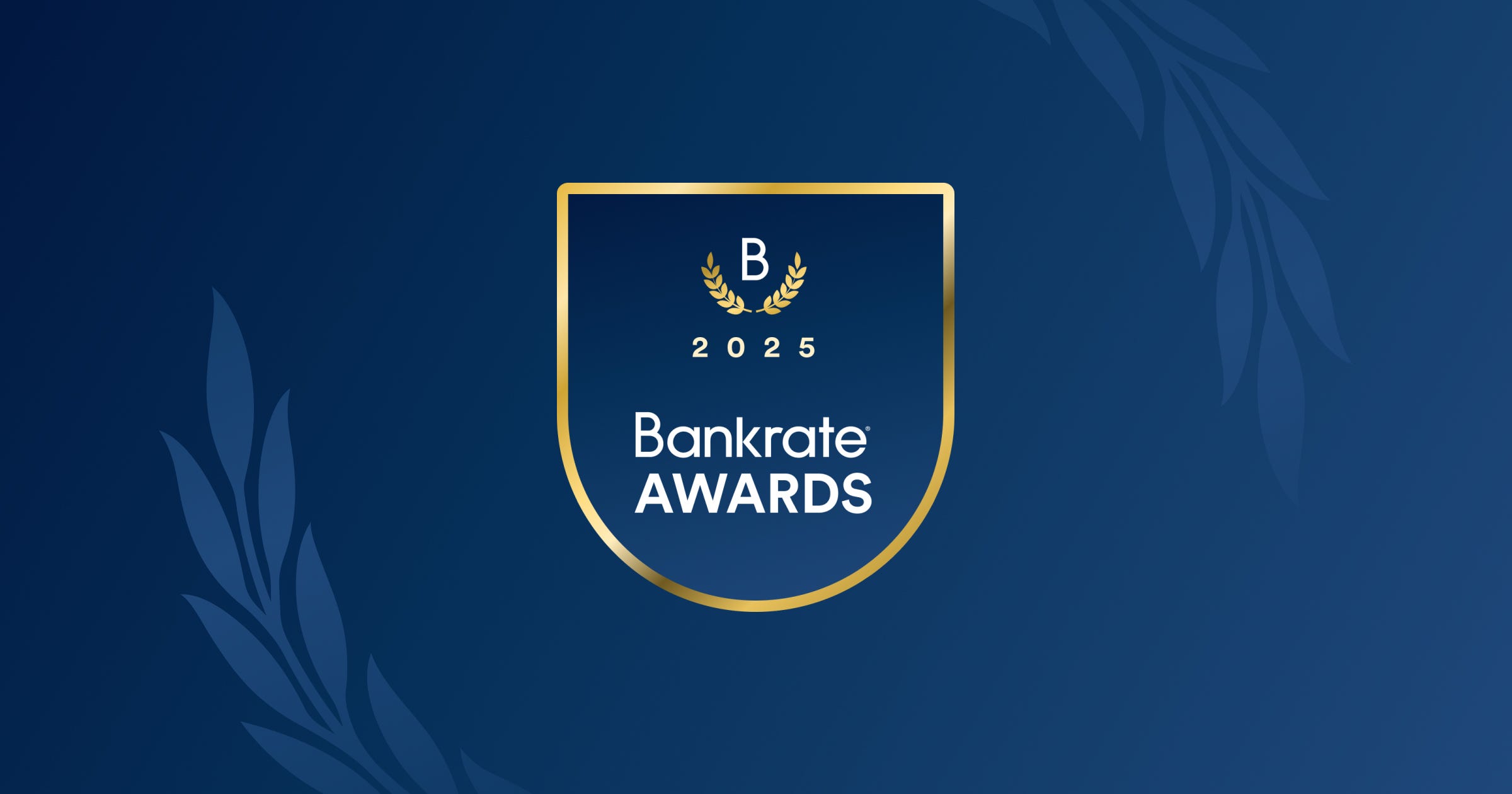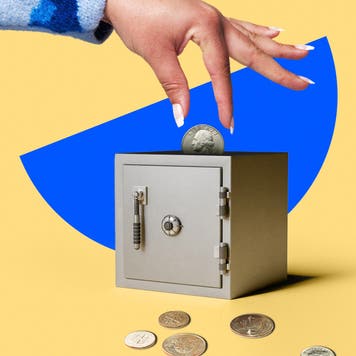Checking
Maximize your checking: Compare high-yield checking accounts, no-fee checking accounts and more.
Explore checking basics

From no fees to online bill pay, here are the must-have checking account features.

If you overdraw your account frequently, then overdraft protection could be a good way to avoid hefty overdraft fees.

Checks aren’t as ubiquitous as they once were, but you may still have to write one.
Get started with a checking account
Checking
Available balance vs. current balance
Learn about the two separate balances you may see when looking at your bank account.
Checking
Checking account fees
Learn about the different kinds of checking account fees and what you can do to avoid them.

Checking
Bank account alerts to protect your money
Explore the types of bank account alerts you can set up to help you stay informed about your finances whenever and wherever you are.
Experts in all things banking
Our expert reporters and editors bring the news and analysis you need—backed by data and firsthand experience.
About Bankrate
Bankrate Financial Analyst

Principal U.S. Economy Reporter

Senior Economic Analyst
Compare top-rated banks

Latest articles

Knowing your ATM withdrawal limits can make a sudden need for cash easier to handle.

Mobile apps make managing your money a snap and mobile alerts can help protect it.

Online bill pay can add convenience and security to managing your routine bills.

A bank may deny you a checking account. Here is what you can do next.

Depositing cash into someone’s account isn’t always possible, but there are options.

Knowing your limit before making a purchase can help you make smarter decisions.

A second-chance checking account is designed for those whose banking history may prevent them from opening a standard account. Applicants sometimes have past problems such as an unpaid negative balance [...]

Spend money, pay bills, write checks or make fund transfers with a checking account.

Single people and young families tend to have significantly less saved.

Experian’s new savings account has a yield based on membership tier and no minimum deposit.

Comparing savings rates can ensure you get the best return on your savings.

The APY percentage shows how much an account earns per year. Here’s what you need to know.

Here’s how to determine the amount to put in savings — and what to do with the rest.

A majority (81%) of Americans did not increase their emergency savings this year

Here’s how to boost your savings.

Ready to open a savings account? Here’s what you’ll need to know.

Single people and young families tend to have significantly less saved.

These are the 10 largest credit unions in the United States based on assets.

A joint bank account can make financial life easier for those sharing finances.

Evaluate the benefits and drawbacks to decide if a credit union is right for you.

Most online banks are secure and pay better yields than brick-and-mortar banks.

Check out the latest CD rates from Bankrate’s weekly survey of banks and thrifts.

Bankrate’s list of all the failed banks in every U.S. state from 2009 to 2025.

Knowing your ATM withdrawal limits can make a sudden need for cash easier to handle.
The trusted provider of accurate rates and financial information










